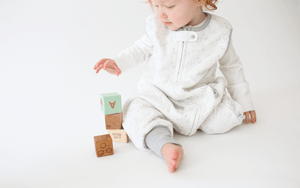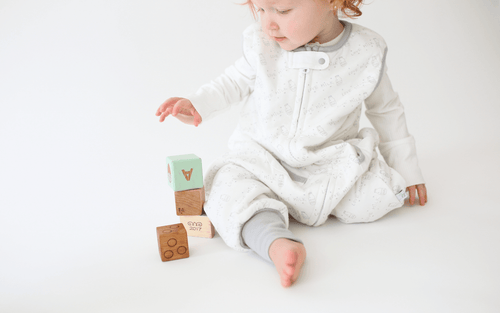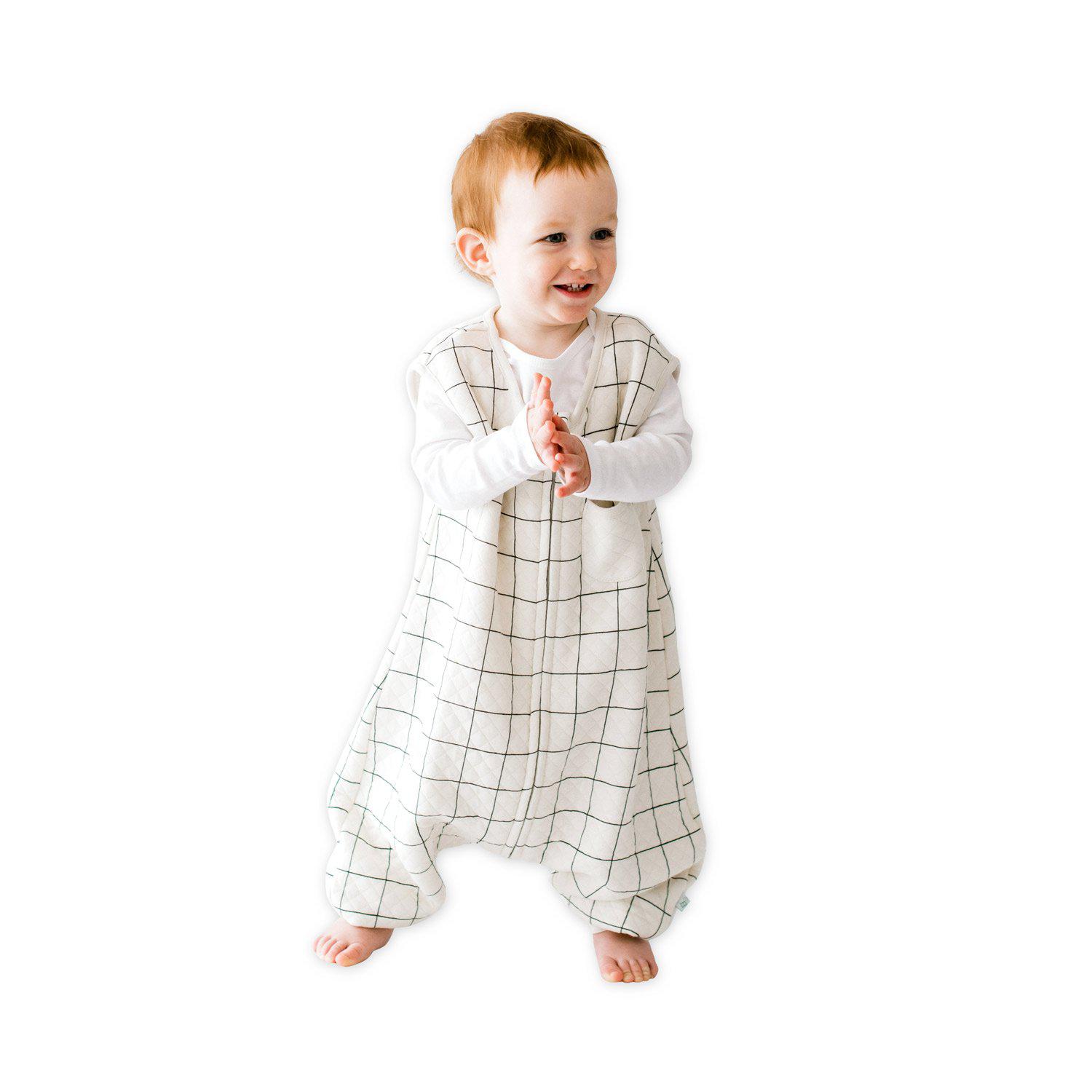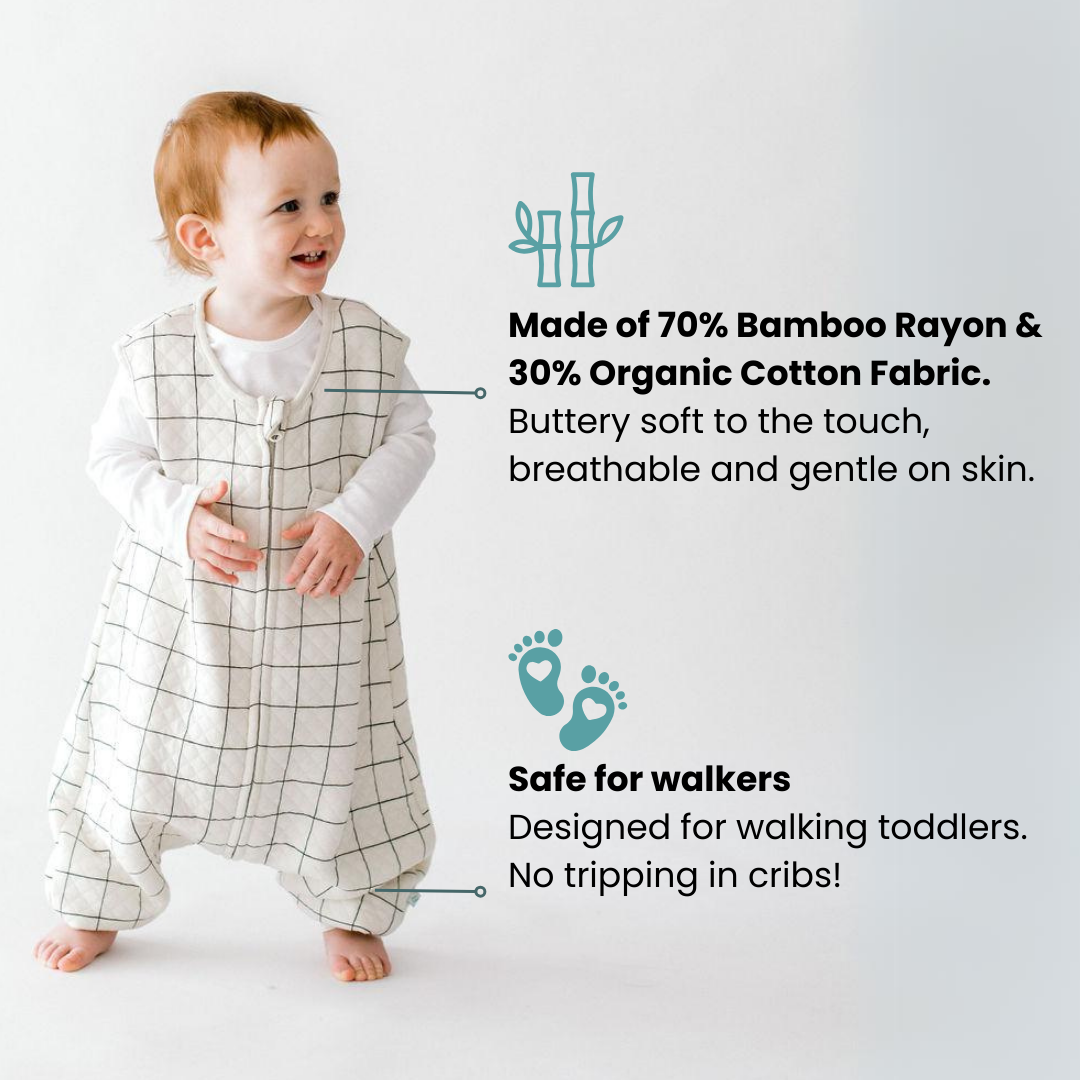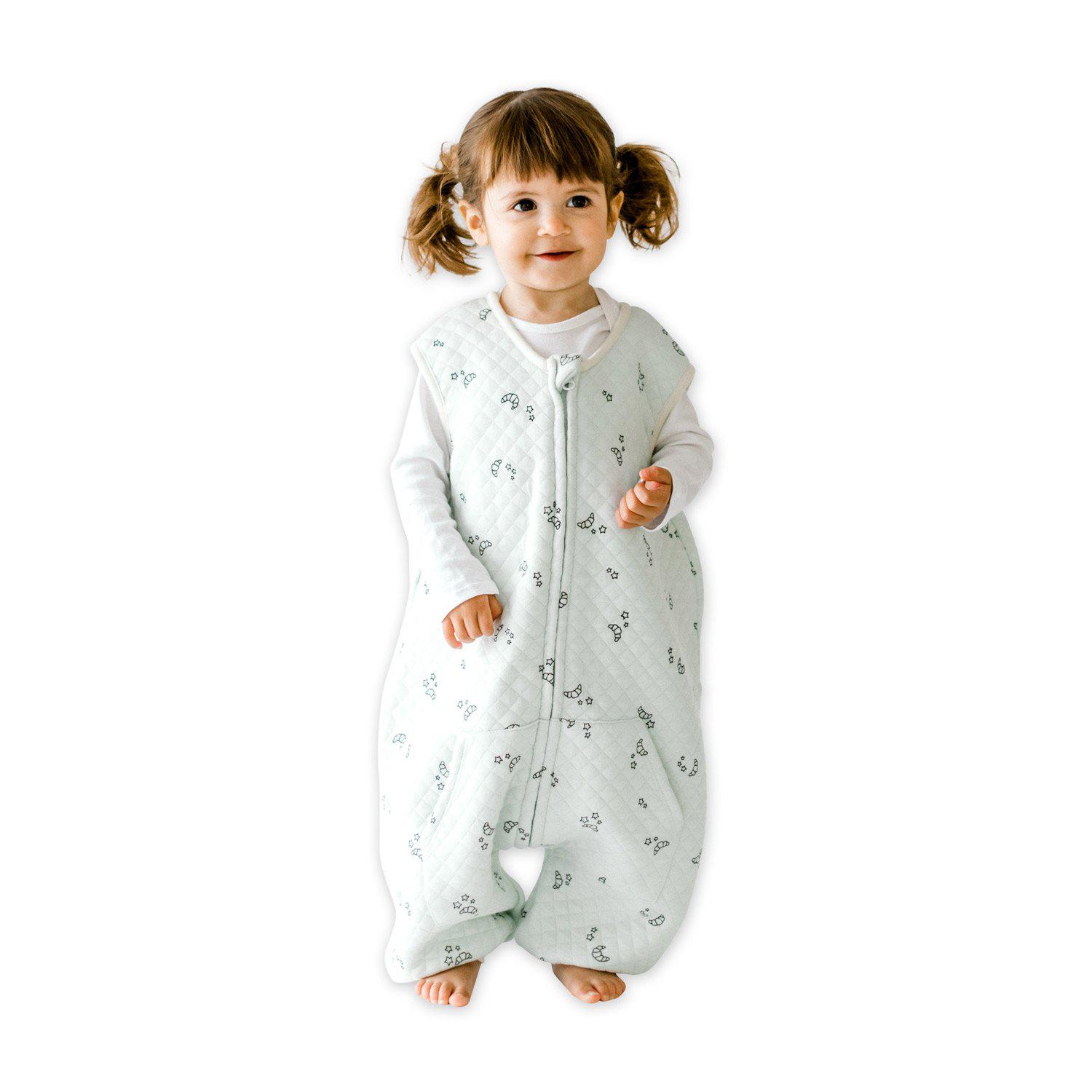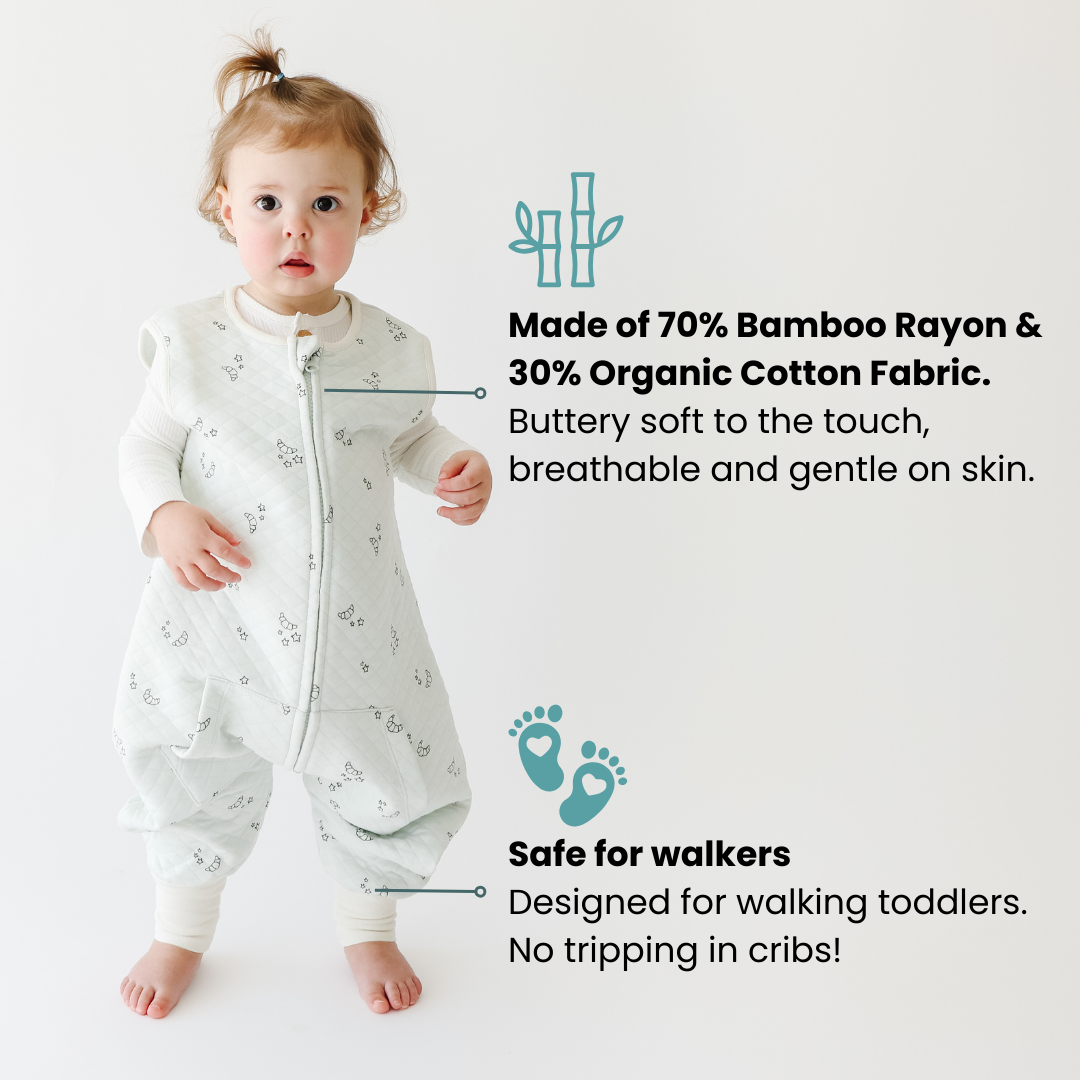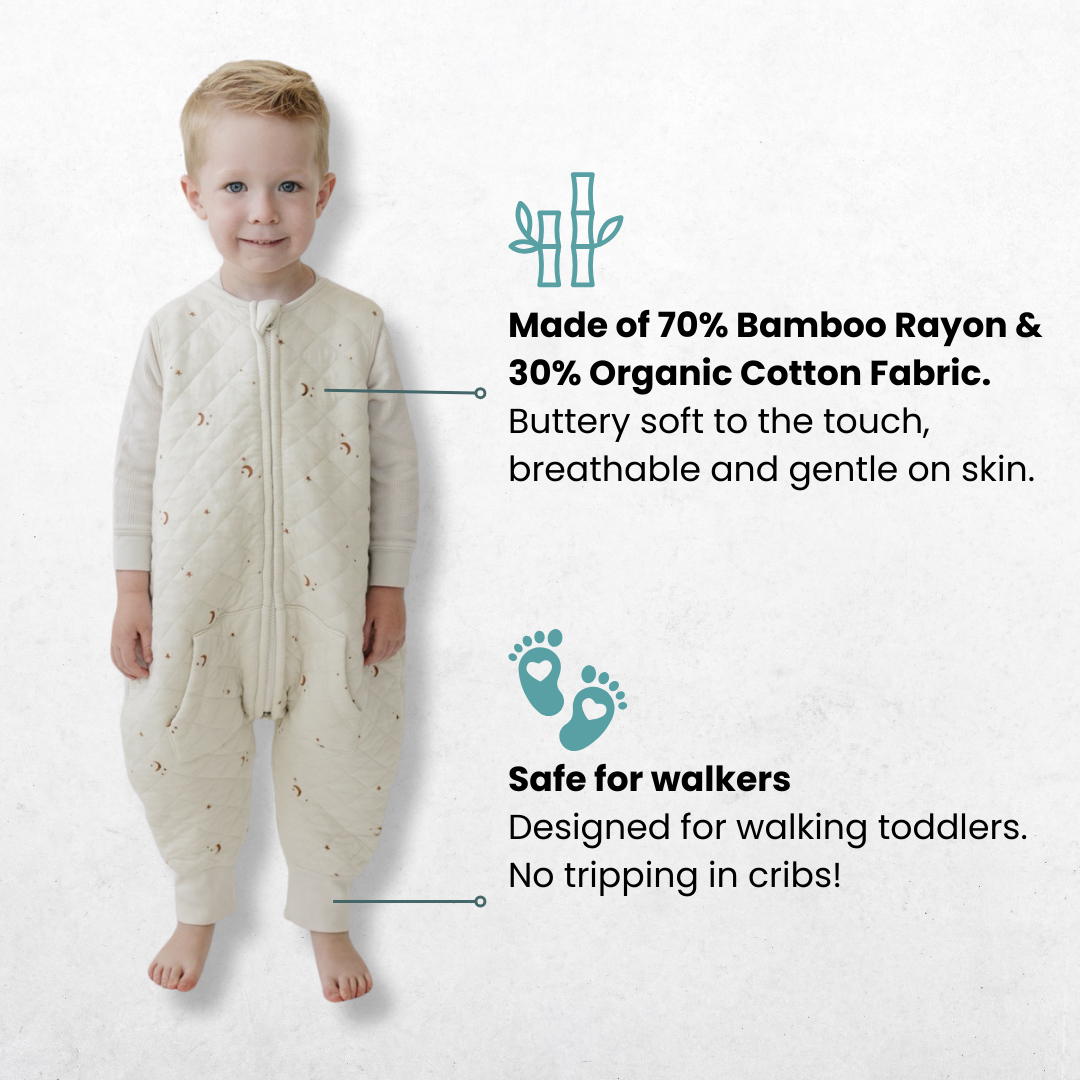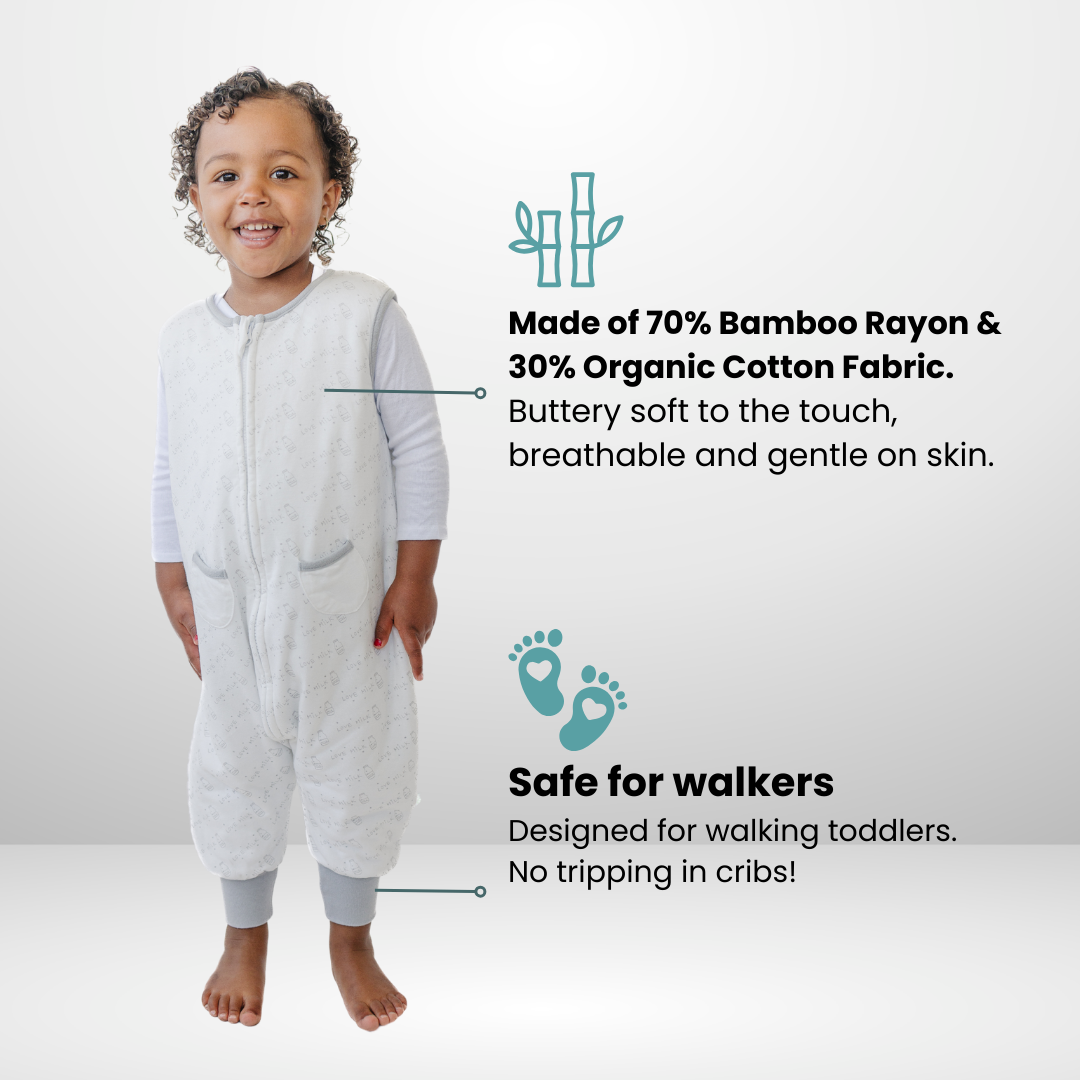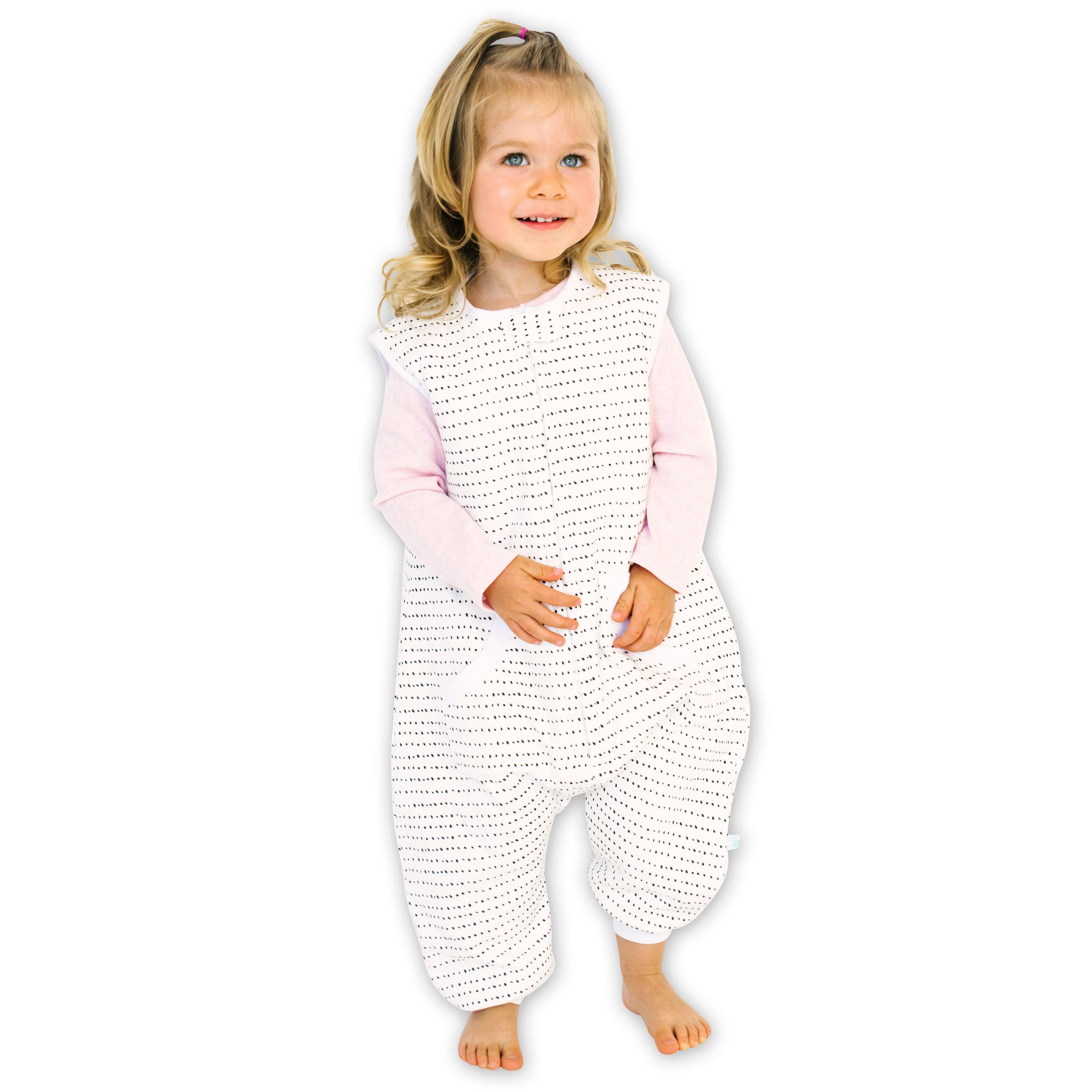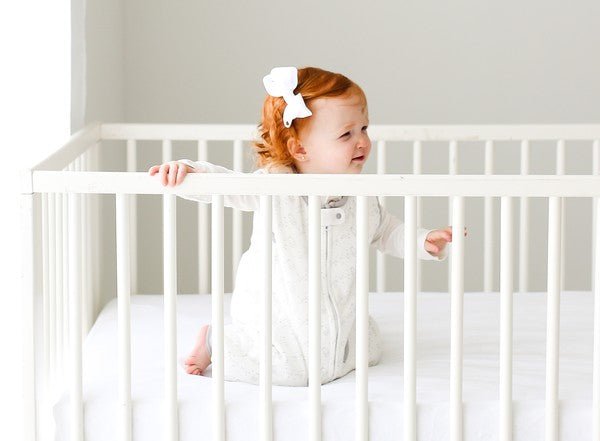Baby Sleep Schedule
As soon as the baby is born, we all want our babies to sleep well.
Yet, so many moms and dads are struggling with putting the baby to sleep.
Why is that? Something that comes so naturally for adults, why does it seem so difficult with babies?
Without really understanding baby's sleep cycle or their natural development stage, it is really difficult to know how to let them sleep well.
And based on the baby's age and development, their sleep needs constantly change.
The chart below explains what you can expect from your baby's first few years and a guideline on their sleep needs.

Birth to 6 Weeks
Baby's sleep pattern is unpredictable and irregular. Babies sleep a lot throughout the day in bits and pieces.
6 Weeks - 3 Months
Babies are known to sleep longer at night. According to Babywise book, "by five weeks of age, most babies can extend their night-time sleep by 1 hour for each week. The average healthy five-week old can handle a 5 hour stretch at night. A seven week old can handle a 7-hour stretch at night."
However, don't despair if your baby isn't sleeping according to the schedule or isn't sleeping longer hours at night. 'Healthy Sleep Habits, Happy Child' book provides this advice:
"Infants under three or four months of age, you should try to flow with the child's need for sleep. Don't expect predictable sleep schedules, and don't try to enforce them rigidly. Still, some babies do develop regular sleep / wake rhythms quite early, say at about six to eight weeks. These babies tend to be very mild, cry very little, and sleep for long periods of time "
Relevant Read:
3-6 Months
Takes about 3 naps a day instead of many brief, irregular ones.
6-9 Months
Takes about 2-3 naps during the day and it would be normal to have babies wake up once or twice in the middle of the night.
9-12 Months
Takes about 2 naps and around 9 months, late afternoon nap disappears and each nap gets longer. Babies do not need bottle-feeding at night. As the baby takes only two naps a day, they tend to get more tired towards bedtime and it is recommended that you move bedtime 20-30 minutes earlier to accommodate the dropped nap.
Babies start to become active as they crawl, stand up, and scoot. This is the time you would need to transition to sleep sack with legs for safe sleep.
12-18 Months
Babies take 1-2 naps a day.
18 Months - 3 Years
Babies take one nap a day. On their 3rd birthday, most children (91%) are still napping every day. At age four, about 50% of children nap five days each week, and by age five, about 25% of children are napping about 4 days each week.
Babies at this age do not know how to cover themselves with a blanket just yet. To have them sleep well, keeping them warm with toddler sleep sack is recommended at this age.
As your baby grows, there will be 5 turning points in their sleep pattern, according to 'Healthy Sleep Habits, Happy Child' book:
- 6 Weeks - Babies can sleep longer at night time
- 3-4 Months - Naps during daytime is more regularized
- 9 Months - Night time wakings for feeding and a 3rd nap starts to disappear
- 12-21 Months - Morning naps start to disappear and babies start to take one nap a day
- 3-4 Years - Taking a nap during the day becomes less common
What If My Baby's Sleep Schedule Looks Different?
Don't despair if your baby's sleep schedule looks different from the suggested sleep needs based on the age. Keep in mind that babies may go through sleep regressions, teething, or growth spurts. Also, if your baby is not sleeping well, you may want to look into sleep associations to see if it's disrupting your baby's sleep. Babies can also wake up when they feel too hot or too cold. You may want to dress them appropriately for sleep based on the nursery room temperature.
Relevant Read:
